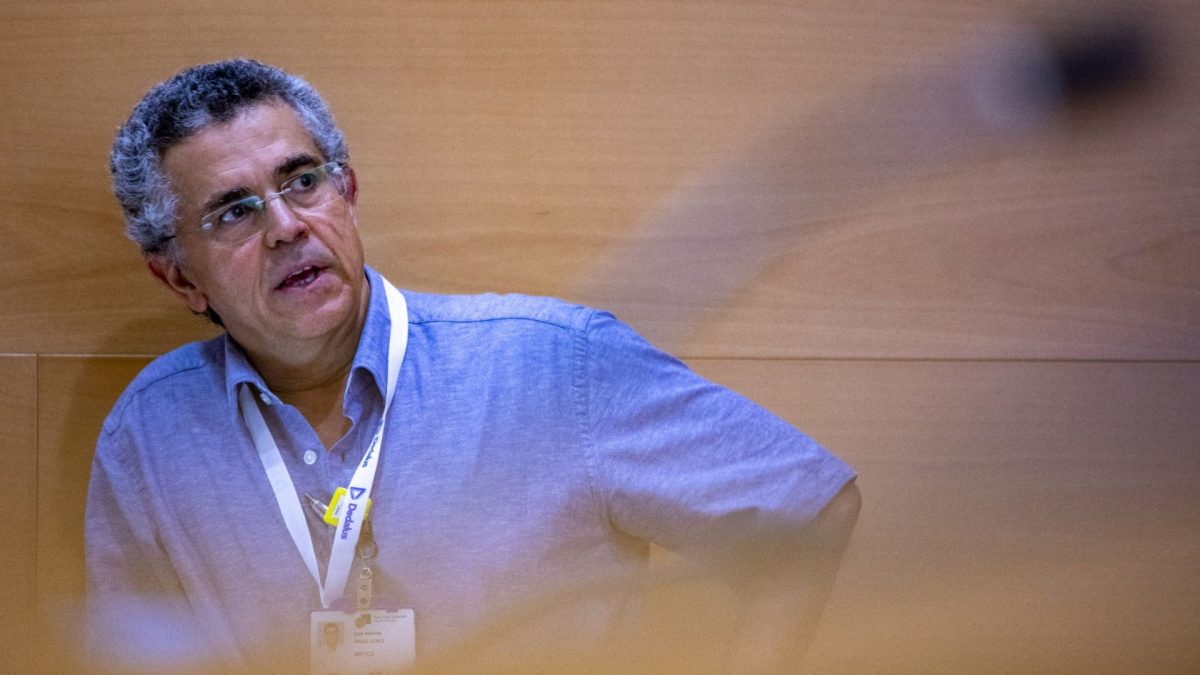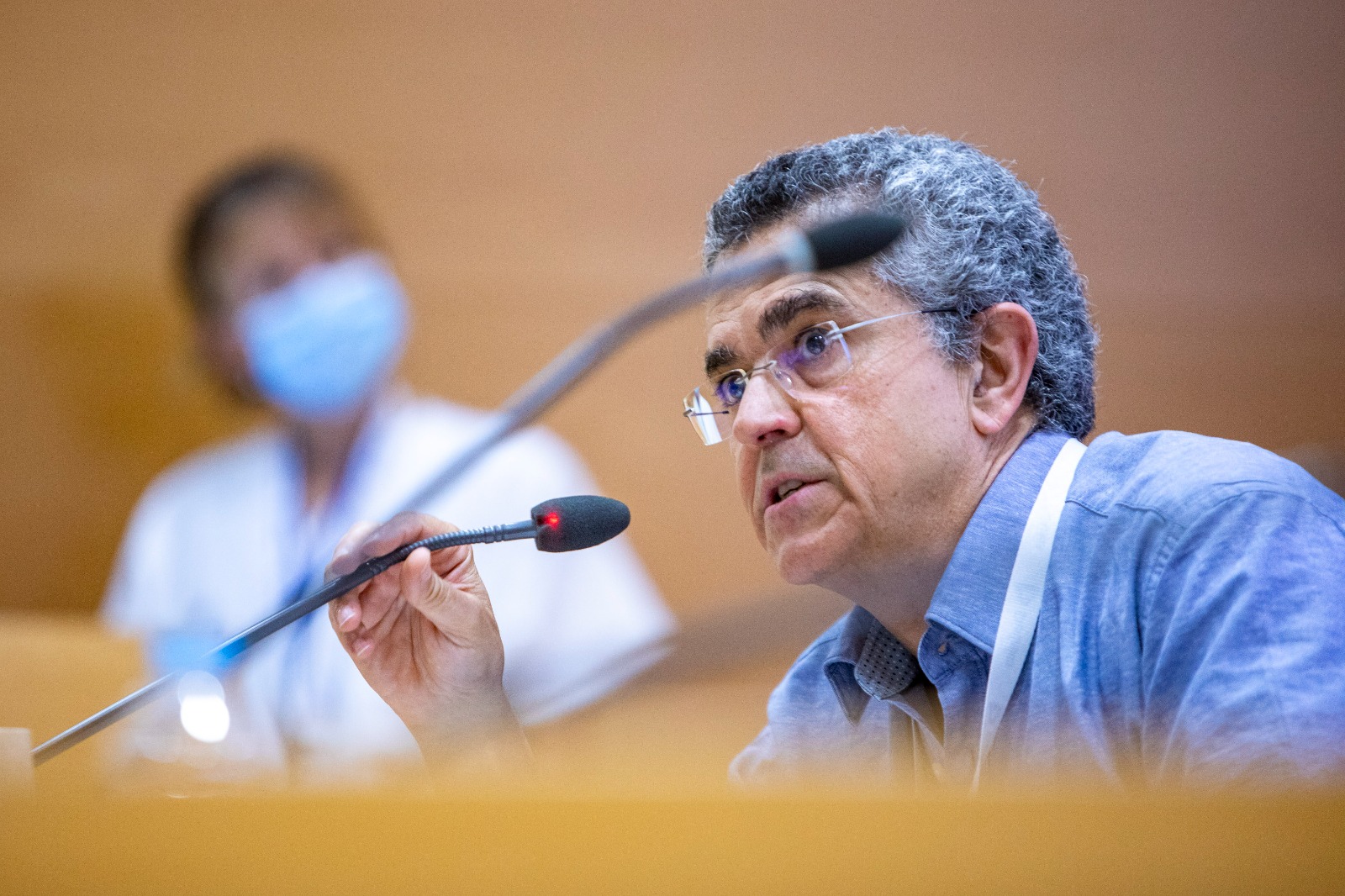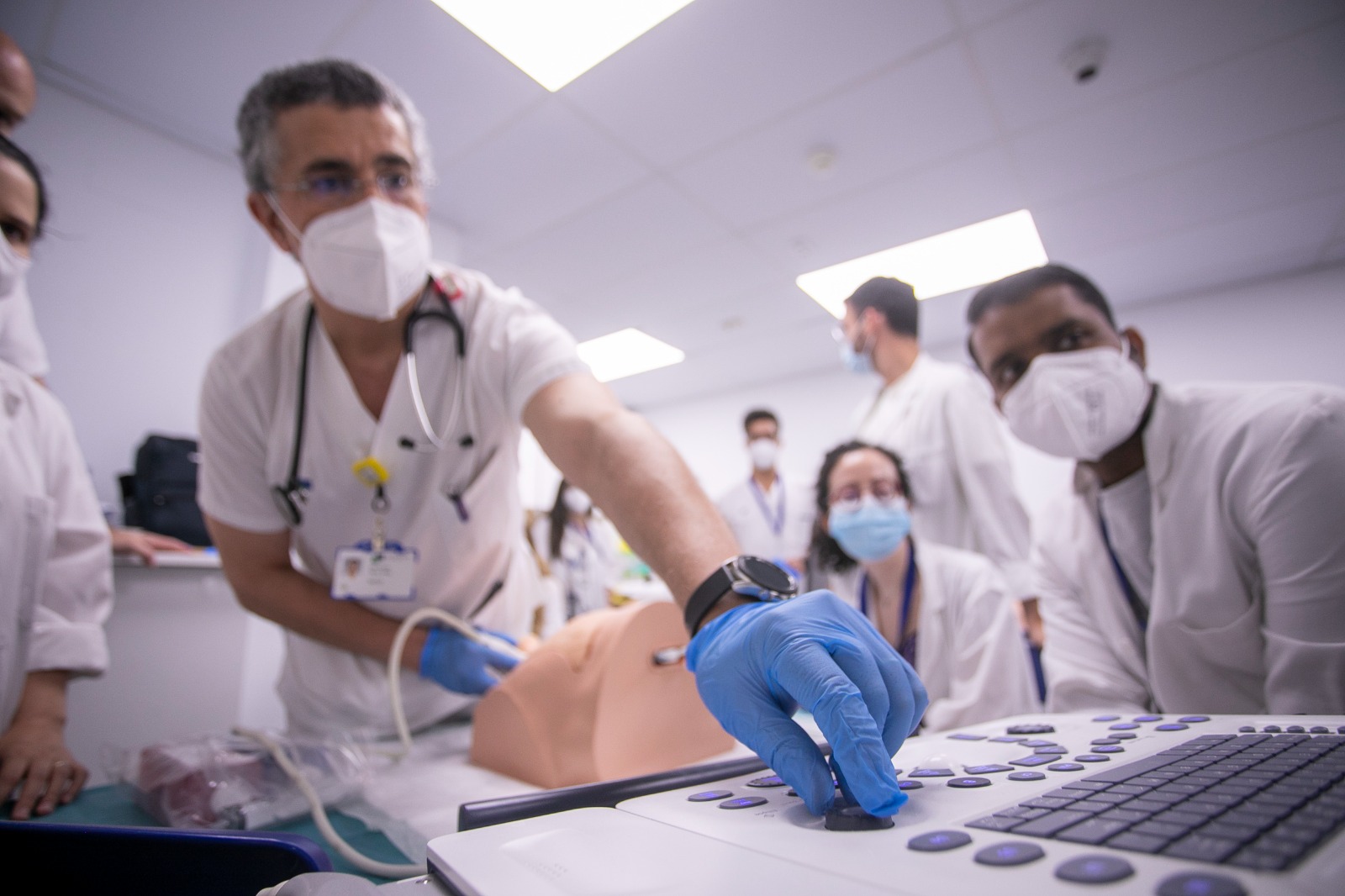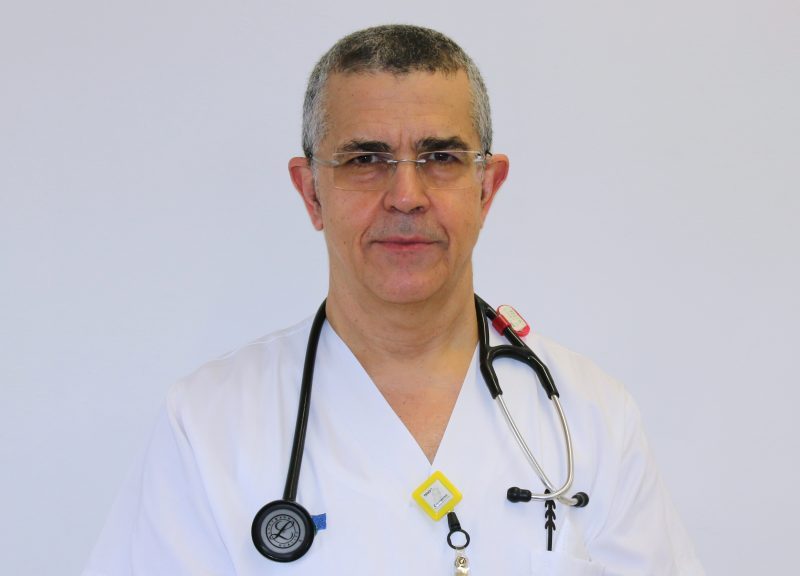
"Misused Artificial Intelligence will lose its potential for the patient"
- Post Tags:
- artificial intelligence
- THAIS
- Posted In:
- Scientific outreach
- Mireia Córcoles
- No Comments
After the success of the 1st Taulí Health Artificial Intelligence Symposium (THAIS), and in the midst of organizing the second edition, we interview its director, José Ibeas, to find out what are the main novelties that Artificial Intelligence brings us in the health field, as well as the challenges and opportunities for professionals in the sector
1. Artificial Intelligence has been the gateway to the new paradigm of health 4.0. How do we explain AI in health to a non-expert audience?
Artificial Intelligence (AI) are mathematical models that look for patterns in data and generate algorithms that learn by themselves.
In medicine it is the same. By analyzing lots of patient data and looking for patterns, the A.I learn to find which groups will be most at risk of a disease, as well as forecast the evolution of a patient or the response to a treatment.
AI makes it possible to know the evolution of a disease or a patient's response to a treatment
2. What motivated you to organize the 1st Symposium on Artificial Intelligence in Health? Why is there a 2nd edition?
La training of health professionals in AI is very scarce, as well as the ability to work with multidisciplinary teams and interpret scientific literature in this field. That's why we organized one forum where all agents could be accommodated of this environment, with the aim of showing how this technology works; review why and what training should be done; share experiences; know what infrastructures are needed, and see how doctors can participate in research by being able to generate projects or effectively use the advances that come.
The spectacular success we had in the first edition of the Taulí Health Artificial Intelligence Symposium (THAIS) made us think we should do a second one. This year we will introduce topics such as innovation and entrepreneurship, that is, how to generate value from these types of AI-based models.
Training and the ability to work with multidisciplinary teams in AI is very scarce and that is why we organized this forum

José Ibeas at THAIS 2022 | Image of Jaume Cusidó
3. What are the challenges facing health professionals in this area?
The challenges are multiple: we could summarize them in theaccess, management and the profitability of the data. The doctor must be able to work with this data in a completely different dynamic to the current one.
The same European Health Data Space (EEDS) legislation that regulates data sharing – expected to be implemented in the short term – means that doctors have to be up to date on something they don't even know exists yet.
Other important points are cloud work – working with data from our hospital and others; know how to research in AI with multidisciplinary teams; be able to innovate and bring our AI product to market; contemplate the legal aspects; the ethical dimension of the application of this technology, as well as all the great advances that are coming to Industry 4.0.
4. What are the main limits or challenges for managing AI in health?
There are multiple challenges, but I particularly highlight the training and resilience of the system.

Training given by José Ibeas | Image of Jaume Cusidó
La academics so that the different profiles that work in hospitals and scientific associations have them tools to identify all challenges which we have discussed.
La system resistance we find it when there is one training deficit and, other times, when there is fear of the unknown or ignorance that produces breakthroughs as important as these, in which those who have to make the decisions prefer to unconsciously block them rather than let them go forward.
5. Are healthcare professionals aware of the opportunities offered by AI? And its dangers?
Probably not. Not more the few who are up to date are aware of the opportunities and dangers of the AI. It is important that all public and private institutions and scientific societies are aware that these opportunities offered by AI depend on us, and we must know how to get on this bandwagon, both to take advantage of its advantages and to recognize them the dangers, since misused AI will not be able to help the patient and even may cause damage for this one In fact, as with any health product, this type of tool should be validated before use, just like a new drug with prior clinical trials. We are immersed in a paradigm shift and we should be aware of it.
Only the few professionals who are up to date with AI are aware of the opportunities and dangers
6. In some areas where AI is used, its development and application is faster than legal regulation. Do we face this challenge in the healthcare sector?
Currently it is not as patent as in the technology at a more industrial level, but it is coming very quickly and we will have to be ready to face it. This is why training is so important and, above all, this training to go hand in hand with legislators.
Once AI is industrialized in the health sector, the legal issues that exist now with a doctor's decision-making regarding a patient, whose responsibility will it be? From the machine using AI or from the doctor? The machine will never sign the medical decision, the doctor will do it with the support of the machine. But how we will establish these delimitations of legal responsibilities? Many questions arise and if we are not prepared, we will have a problem.






Leave a Reply